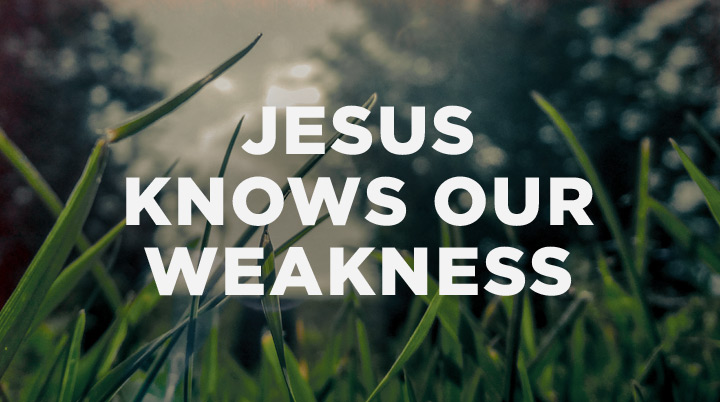Latest
-
Objections to the Christian Faith from the Unchurched and De-Churched
 Tue Dec 02, 2014
Tue Dec 02, 2014
by Resurgence -
Craig Groeschel: We Innovate for Jesus
 Tue Oct 14, 2014
Tue Oct 14, 2014
by Resurgence -
Mark Driscoll: Revelation
 Tue Oct 07, 2014
Tue Oct 07, 2014
by Resurgence -
RESURGENCE LEADERSHIP #034: JOHN PIPER, WHY I TRUST THE SCRIPTURES, PART 2
 Tue Sep 30, 2014
Tue Sep 30, 2014
by Resurgence -
Resurgence Leadership #033: John Piper, Why I Trust the Scriptures, Part 1
 Tue Sep 23, 2014
Tue Sep 23, 2014
by Resurgence

Archives
Jesus knows our weakness

Jesus’ forgiveness of his murderers transforms our understanding of ourselves, our relationships, and our sins against each another.
“Father, forgive them, for they know not what they do.” (Luke 23:34)
Those words were spoken by Jesus while he hung on the cross, with the Roman soldiers below, gambling over his clothes.
When I read Jesus’ words, I wonder “How?”
How did he have the emotional capacity to pray for their forgiveness?
How did he have the desire for them to be forgiven?
How did he feel the compassion to understand their weakness?
Jesus the better High Priest
Understanding their human weakness and sympathizing with it was exactly what he was doing at that moment. Here we see a glimpse of Jesus as the better High Priest (Heb. 4:14–16), who at that moment in history displayed to us exactly how he fulfills that role.
He is offering a sacrifice for our sins, and he is praying for our forgiveness. The beauty of this is that he understands the weakness of those sinning against him right at that moment. He doesn’t offer a word of judgment, but rather a word of forgiveness. If there was ever a time to be righteously angry, this would have been the time.
Can we offer that same word of forgiveness to our friends, spouses, parents, co-workers, children, or neighbors? How did Jesus offer that word? Only as we see how Jesus has forgiven can we pray this exact prayer for those in our lives who have hurt us. Ephesians 4:32 tells us, “Be kind to one another, tenderhearted, forgiving one another, as God in Christ forgave you.” God in Christ forgave us at the cross when Jesus mediated for us.
Jesus understands the weakness of those sinning against him right at that moment.
When our children sin against us, can we pray, “Father, forgive them, for they know not what they do”? When our spouse sins against us, can we pray that? When our parents sin against us?
We know not what we do
The truth is that none of us understands the pain we administer to others when we sin against them. We really don’t know what we do. We really don’t know the far-reaching consequences of an unkind word, or silence, or gossip, or violent acts. We all justify ourselves, and think, “Well, I could have been a lot nastier,” or we play the game of scales and payouts, thinking, “They had it coming.”
None of us can handle how deplorable our sins against each other are, unless we cling to God’s word of forgiveness. Only as we embrace the disgusting effects of our own sin, our utter inability to love others the way we should, and conversely the beauty and unconditionality of Christ’s forgiveness for us will we be able to echo his prayer on the cross. His forgiveness goes so far as to say that even if you don’t forgive the way you should, your record of unforgiveness is absolved in his perfect forgiveness.
None of us understands the pain we administer to others when we sin against them. We really don’t know what we do.
Jesus did know the scoffers’ hearts. He knew exactly what they were doing. He saw all the motives, all the hate, all the jealousy—and he prayed for them.
He does the same for you and me. All the anger, all the jealousy, all the hate, all the ungratefulness, all the lust, all the lies, all the laziness—Jesus sees it all, and he prays before the Father even now, “Father, forgive them, for they know not what they do.” And the Father answers with a resounding, “As far as the east is from the west, so far will I remove their transgressions from them. I will not treat them as their sins deserve or repay them according to their iniquities. I will remember their weakness and that they are dust” (Psalm 103:10–14, paraphrased).
Remember Jesus’ unconditional forgiveness for you, and let it change you.